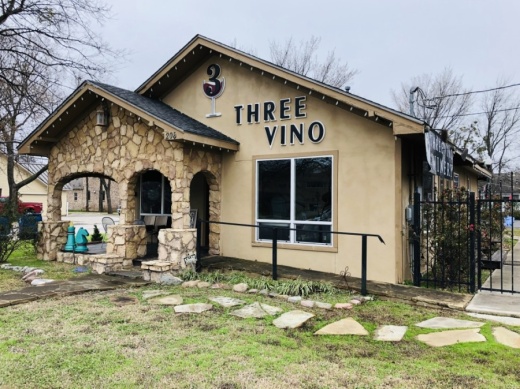Mark Maloney, co-owner of Three Vino Winery in Roanoke, said the winery was forced to shut down for seven months before reopening in October.
Customers are beginning to come back, and the winery has added outdoor seating to improve accommodations, he said.
“The hardest part is getting people to see that we can meet or beat the [prices of] big-box stores,” Maloney said.
The winery also offers cheese trays and weekly wine specials, and at the onset of the pandemic, it instituted online ordering, Maloney said.

Despite the statewide closure of alcohol-serving establishments in the summer as a result of COVID-19 cases spiking, several area businesses were able to bypass the restrictions by being reclassified as a restaurant and by meeting the requirement that 51% of their revenue come from non-alcohol sales.
Many businesses, such as Wine Fusion Winery in Grapevine, that previously did not meet requirements in place to remain open were forced to rethink their business model in order to survive.
“It [was] a great opportunity for us to hire a high-end chef and go back to work on our food menu,” said Nicholas Kaufman, owner of Wine Fusion Winery. “We expanded our kitchen and fully remodeled it so that we could offer more of a fine-dining experience on top of all of our wonderful wine options.”
According to the latest announcement from Abbott, county judges are permitted to ease restrictions in order to allow alcohol-serving establishments to reopen as long as their respective region’s hospitalization rate remains under 15%.
Ian Pribanic contributed to this report.





